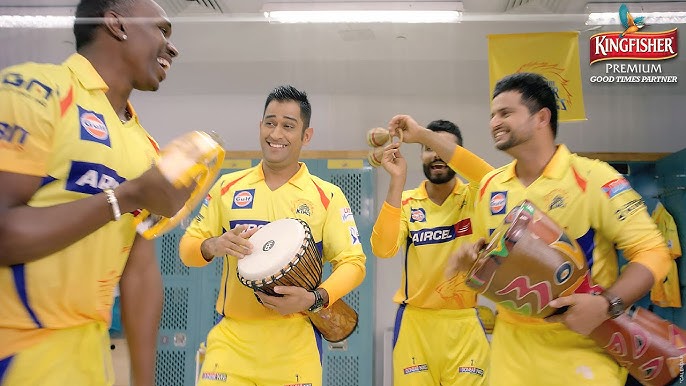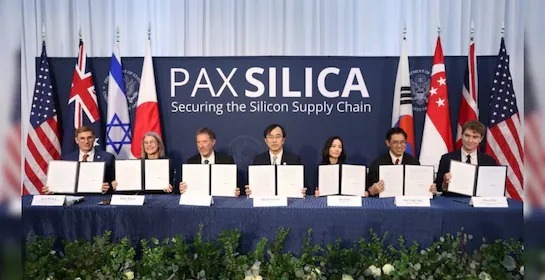@JUDGMENTTAG-ORDER
Prabha Sridevan, J.@mdashThe writ-petitioner aggrieved by what was alleged to be retrenchment, raised an industrial dispute seeking an award for reinstatement with full back wages, continuity of service and all other benefits. The Tribunal rejected that claim and therefore, this writ petition has been filed.
2. Learned counsel for the petitioner would submit that if the award was to be upheld, it would amount to exploitation of labour and the contract between workman such as the petitioner and the management will necessarily be one sided and therefore, the petitioner had no option, but to sign on the dotted lines of the contract. Therefore, the fact that she had submitted to being engaged as an advance trainee for just a period of one year will not deprive her of her legal rights as a workman u/s 2(s) of the Industrial Disputes Act.
3. The learned counsel relied on the following decisions:
(1)H.B. Vinobha v. Hindustan Photo Films, Ooty, 1998 (1) L.L.N. 744,
(2)
(3)
(4)
4. Sri Raghavan, learned counsel for the respondents, on the other hand would submit that when the termination of the service of a workman, assuming the petitioner was a workman is as a result of the non-renewal of the contract of employment between the employer and the workman concerned on its expiry, or of such contract being terminated under the stipulation in that behalf contained therein as per Section 2(oo)(bb) of the Act, then the termination of service will not amount to retrenchment and the Industrial Tribunal cannot have any jurisdiction to decide the question since there is no dispute as per the provisions of the Act. He also pointed out that this writ petition suffers from laches and relied on A Natarajan v. Salem Central Co- operative Bank, 1993 (2) LLN 367, which decision was confirmed by the Division Bench in
5. In the present case, the petitioner was offered advance training for one year commencing from May 13, 1987 to May 12, 1988. The contract of engagement as an advance trainee runs thus:
"(1) The period of training will be one year. The company reserves the right to either extend/curtail the period of training depending on your progress.
(2) The company reserves the right to discontinue the training facility at any time without any notice and without assigning any reason therefor.
(3) On satisfactory completion of the prescribed period of training, of which the company shall be sole Judge the company may at its sole discretion consider you for a regular job subject to your suitability and subject to the availability of a suitable vacancy.
(4) During the period of training you will be paid a consolidated stipend of Rs. 500 per month (Rupees five hundred only). You will not be entitled to any other allowance or facility besides this.
(5) Your place of training is likely to be Hosur but the company reserves the right to transfer you to any place of its business or training at its sole discretion. The company also reserves the right to impart training in any of its associates/group companies.
(6) You should conform to the rules and regulations of the company as may be laid down from time to time.
(7) You should give a list of two responsible persons who are not related to you as referees and this offer of training is subject to satisfactory reports being received from the reference acceptable to the company.
This letter is being sent in duplicate and if you are willing to be considered for the position of "ADVANCED TRAINEE" on the above terms and conditions, you should sign the copy of this letter in token of your acceptance and return the same to us forthwith.
You should report for training on or before July 13, 1987. Thanking you."
6. Though the petitioner in her claim statement states that she was asked to do normal and regular work, the record and the contract would show that she was not working as a technician, but only as an advance trainee and even her appointment at the end of the prescribed period of training to a regular job will be subject to the suitability and also availability of suitable vacancy. The Tribunal on a consideration of the materials, came to the conclusion that since the contract was for a specified period, there was no retrenchment, and therefore, no relief can be granted under the Act.
7. In H.B. Vinobha v. Hindustan Photo Films, Ooty (supra), 40 persons had been appointed as trainees performing various clerical work, skilled, unskilled, manual and technical. They were described as trainees, but they were discharging regular duties as regular employees. Some of the trainees were absorbed. Suddenly, the respondent decided to terminate the services of several trainees and in those circumstances, the learned Judge on a detailed consideration of the legal pronouncement in this regard came to the conclusion that though they were called trainees, they were discharging regular work and their services are required and they had been paid over time allowances and increment also and it was also recorded that after giving proper training for a particular period and after keeping them for several years extracting all types of work, it will not be fair on the part of a Public Sector undertaking to suddenly terminate the services of these people. This does not apply to the present case because the petitioner was only given training. She was only given a stipend and she was not employed on a regular basis.
8. Rajasthan State Road Transport Corporation v. Jagidish Vyas and Ors. (supra), was a case decided by the Division Bench of the High Court of Rajasthan, where the period of the apprenticeship was one year. There was no formal order issued for (sic) extending the period of apprenticeship, but yet the workman was continued in employment for three years and four months. The Division Bench directed the management to treat the petitioner as a workman against a vacant post. This also will not apply to this case.
9. In Ram Dular Paswan and Ors. v. Presiding Officer, Labour Court, and Ors. (supra), the Division Bench of the High Court of Patna held that an "apprentice" though included in the definition of the "workman" can be called a workman only when he performs duties of a workman. That case also does not apply to the facts of the case because there, several infirmities and illegalities in the apprenticeship contracts were pointed out and the Labour Court refused to take them into consideration.
10. In Surya Prasad Singh and another v. Labour Court, Kanpur and Anr. (supra), the appellant before the Supreme Court was employed as an apprentice and made to work in a "C" grade job against a clear vacancy. In those circumstances, the Supreme Court held that the appellant was not working as an apprentice, but as a workman. In this case, the contract of trainee has already been extracted which clearly shows that the petitioner was not appointed against a particular vacancy, but only as a trainee.
11. In addition to this, the present case also suffers from laches. The award of the Labour Tribunal was passed on May 6, 1993, and the writ petition was filed only on March 5, 1996, after a lapse of almost three years. There is no explanation why she took so long to challenge the award.
12. In A. Natarajan v. Salem Central Co-operative Bank (supra), the Court took note of the laches on the part of the workman for moving the authorities under the Industrial Disputes Act after his termination in service. This was confirmed by the Division Bench of this Court which held that when not even one word is uttered regarding the laches and when admittedly the petition was filed two and a half years after the award was passed, there was no reason to interfere with the same and confirmed the finding of the learned single Judge.
13. In the circumstances of the case, I see no reason to interfere with the award of the Industrial Tribunal. The writ petition is dismissed. No costs. W.M.P. No. 4404 of 1996 is closed.

